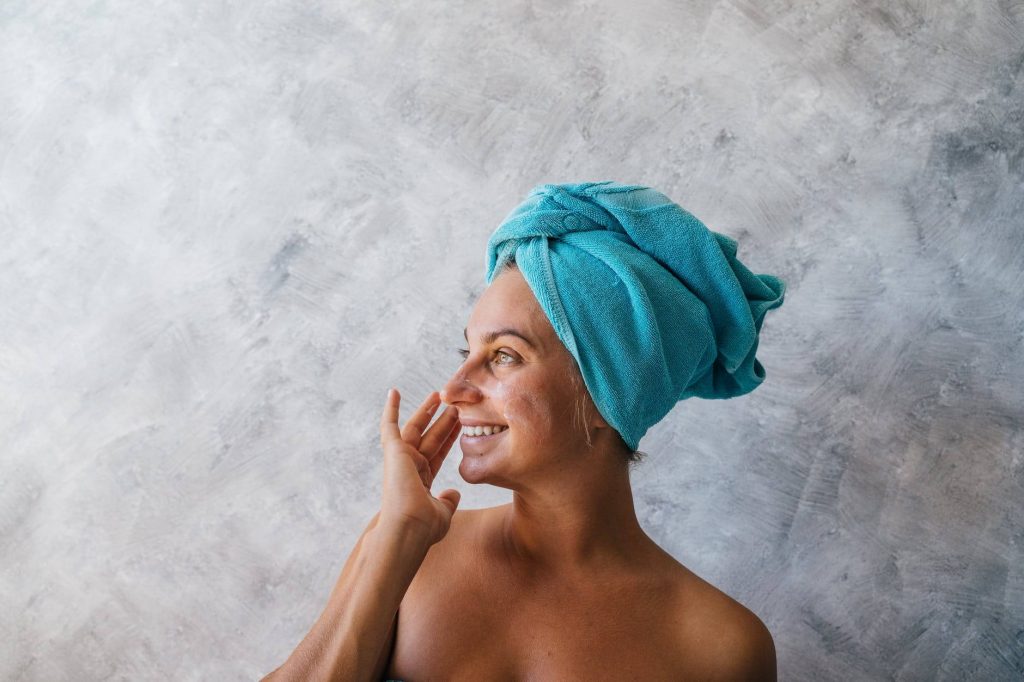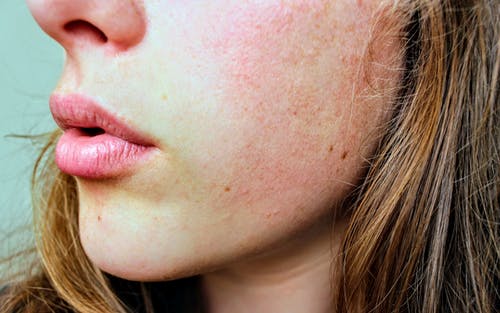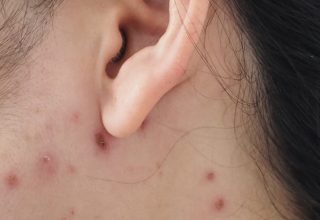How To Choose An Acne Treatment For Your Skin Type
Finding a suitable treatment for your acne can become a frustrating task if you don’t know how to approach it. Many trial-and-error strategies using products, topical antidotes and pimple creams might not always yield the result you want.
Due to the nature of acne being caused by many factors, one of the most useful ways to tackle this skincare problem is by looking at your skin type. This can be helpful because your skin type essentially tells you the condition of your skin health. You can then use this as a guide to research what acne treatments are created to suit your skin type.
With that being said, there’s how you can use your skin type to find the ideal acne treatment for you.
Contents
Oil Overproduction

This is the skin type that is most prone to blemishes, clogged pores and acne breakout most often. Oily skin is characterized by a shiny textured face surface, visible pores, and the face feeling greasy during the day.
This is because oily skin has an excess of oil called sebum that has a tendency to get trapped under the skin’s surface. Once you add dirt, bacteria and dead skin cells to the sebum mix, you have a recipe for clogged pores, inflammation and eventually acne breakouts.
Fortunately, if you have oily skin, you’ll be relieved to know that most acne treatments are tailored to your skin type. This includes getting a personalized laser and skin care treatment from professional estheticians.
They can assess your oily skin situation and recommend or concoct a customized product just for you. This can be an effective solution in treating and helping to prevent acne caused by oily skin in the long run.
The most common topical treatments for acne are benzoyl peroxide and retinol. These are found in pimple creams and work to treat acne by killing off the bacteria that causes acne and improve oily skin texture and acne scarring.
Other agents such as salicylic acid and citric acid are popular ingredients found in cleansers, moisturizers and exfoliants to treat acne on oily skin. For more severe acne such as cystic acne, you can consult a dermatologist who can then prescribe antibiotics as a treatment for your acne.
In terms of a daily routine, you should practice habits that help balance the oil production on your skin and keep it clean. You can do this by washing your face twice daily and always removing makeup before you go to bed.
Using an exfoliator is important to remove dead skin cells, excess sebum and prevent the buildup that clogs your pores. Try not to use products that are mattifying, as these could remove too much oil from your skin causing it to compensate by producing more. Lightweight moisturizers and toners will help keep your skin hydrated without making it oily.
Parched and Dehydrated Skin

Although acne is most often seen as an oily skin problem, dry skin can be just as susceptible to breakouts at times. This is mainly due to dry skin having less oil and thus the skin compensates for this by producing more sebum under the skin with could lead to clogged pores.
Your dry skin could be caused by a variety of factors such as genetics, using the incorrect products and skincare habits and living in cold climates.
For the most part, treating acne caused by dry skin concerns removing products and treatments that reduce the skin’s ability to retain moisture. It’s also about practicing healthy skincare habits that might be causing dryness and thus breakouts in the first place.
If you’re thinking of using common acne treatment creams such as benzyl peroxide, or products containing salicylic acid, be mindful of the amount you’re using. It’s best if you use these products on small specific areas of your breakouts and not on your entire face as they are drying products.
Additionally, don’t use products containing alcohol and chemical agents as these are the likely culprits that cause dryness in people who wouldn’t normally have dry skin.
While dry skin should steer clear of exfoliating, if you’re keen on a deeper clean for your face after a breakout or to reduce acne scars most visible on dry skin, there’s the option of visiting a skin therapist.
They are experts in facial treatments like microdermabrasion which can exfoliate and rejuvenate acne scarred skin without you having to use harsh exfoliant products. Keep in mind that this type of procedure is best for post mild breakouts, so you should consult with an esthetician if you want to undergo skin therapy treatments while you still have the acne.
In terms of habits, you can practice daily. It’s been suggested that washing your face daily could be sufficient to prevent losing more oil and moisture on your face. Also, washing with warm water and not hot water can help stop that uncomfortable feeling of dryness and tightness post cleansing.
Highly Reactive Skin
Sensitive skin is any skin that’s more prone to reactions when it comes into contact with skincare products, cosmetics, and environmental irritants. These reactions include redness, rashes and sensations such as itching, burning, and stinging on certain parts of the face.
If your skin is sensitive then you’ll have to be careful in choosing the correct acne treatment so you don’t aggravate your acne further. For the most part, the skincare treatments available for other skin types might not be the best possible choice for you.
As such, it’s advisable that you stay away from most thick, heavy and chemical products loaded with ingredients and bases.
These include moisturizers and cleansers that require scrubbing, are oil-based and contain fragrances, alcohol, exfoliant beads, chemical agents, raw natural ingredients and harsh chemicals. On top of giving you an unpleasant reaction, they could also lead to clogging your pores, drying your skin and causing the acne to stay.
With that being said, you may be wondering what treatments are available for your sensitive skin? In this case, you should lookout for lightweight cleansers and moisturizers that are anti-inflammatory, have no oil, are described as gentle, non-soapy and noncomedogenic. This means the product inside doesn’t carry substances that cause breakouts and clog pores.
For whichever products and topical treatments you try, it’s advised that you do a skin patch test for at least four days on the side of your neck. This can be an effective way to make sure that you’re not allergic to the treatment and it won’t irritate your skin.
Conclusion
Choosing an acne treatment based on your skin type can prove to be a useful method in combating acne. Your skin type gives you a glimpse to the condition that your skin is in, helping you to find a solution for what’s causing your acne.
The skin types of oily, dry and sensitive each have a specific treatment method suited for them. There are differing products, skincare routines and products that can be used by one but avoided by the other. These include exfoliants, benzyl peroxide, skincare acids, oils and moisturizers.
Additionally, it also lays out the non-product treatments such as skin therapy and consulting a dermatologist for assistance. All these elements can used as part of a long-term acne treatment plan.
Read Also:
- Lightening Your Skin Safely: Avoid These Practices and Ingredients
- 10 Best home remedies for glowing skin
- 7 Ways to Prep Your Skin This Summer
- What Causes Skin Hyperpigmentation: 7 Contributing Factors


